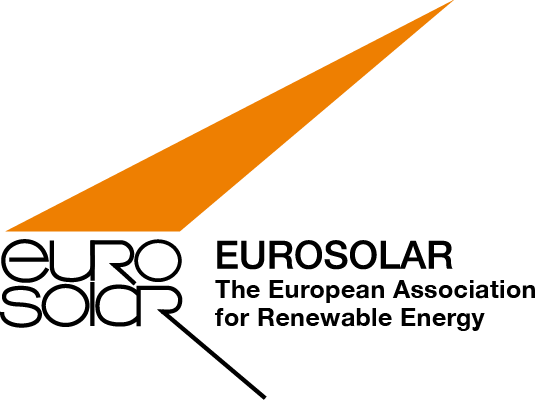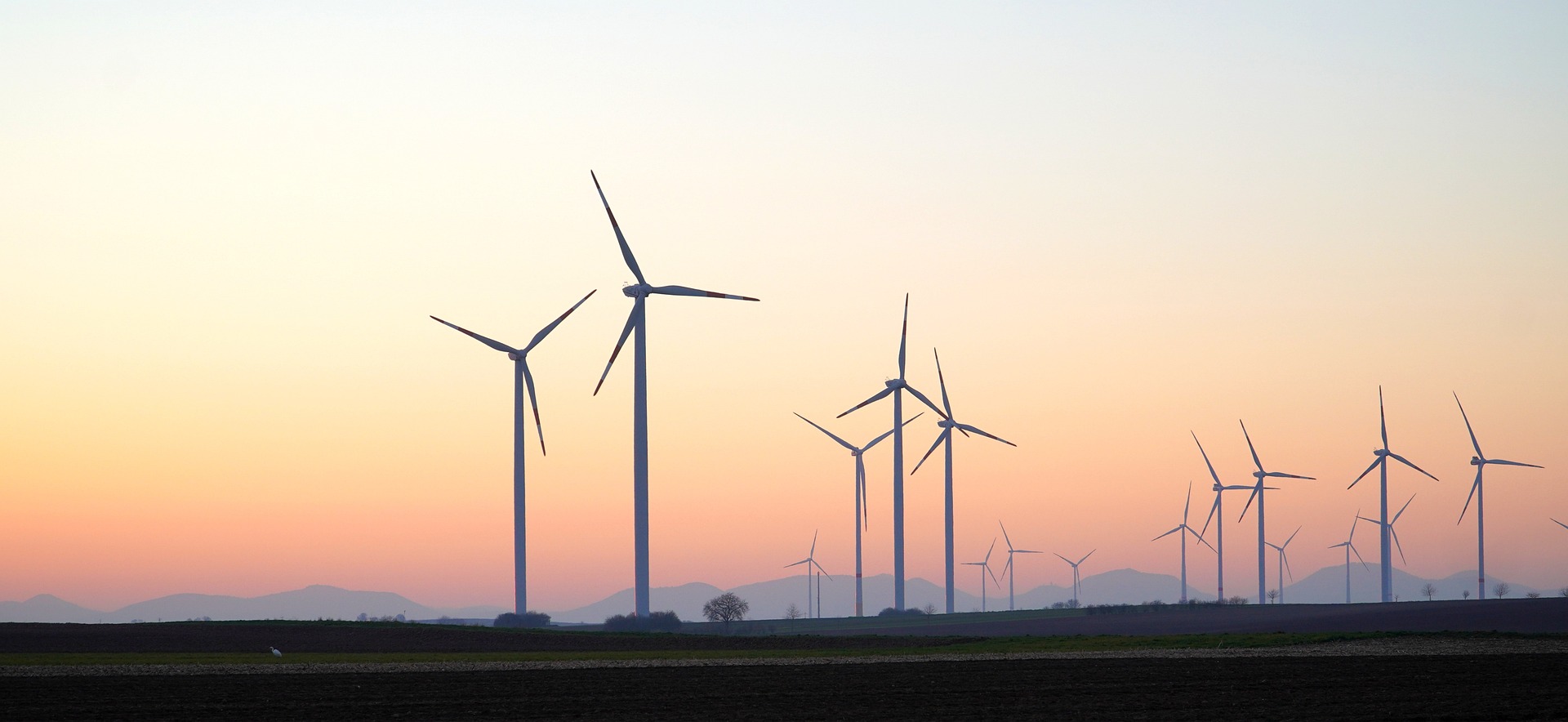Since the end of February 2022 * EUROSOLAR 2022 calls for climate ceasefire – please help us through donations and membership to build peace in Europe and the world, with much needed help for the solar reconstruction of Ukraine.
Ending the war in Ukraine
The further escalation through more and more potent arms deliveries – after several hundred thousand dead and injured, eight million refugees and without visible signs of serious negotiations or ‘victory’ shows that these may well no longer be the primary intention, but that the war threatens to be driven further into a new spiral of its own momentum, also motivated by pecuniary interests.
In addition to the immediate casualties, the struggle against the greatest threat to Europe and humanity stands on the pyre of territorial ambitions. The escalating war leads further and further away from the actual state of emergency – and most meaningful goal of every human effort, namely to reverse the climate catastrophe (www.earthdecade.org). On the contrary, every day distracts further and further from it, through ever deepening fossil fuel blindness and supply contracts. The current path must be replaced by the immediate turn to full renewable energy supply in Germany, Ukraine, Europe and the world.
The step towards solar peace begins with the recognition of the different roles in the early roots of the conflict.
Hermann Scheer, EUROSOLAR founder and father of the Renewable Energy Resources Act – the feed-in tariff – and the ‘miracle’ of the solar boom in Germany (2000-2010) – and worldwide – already put it in a nutshell 24 years ago, in 1999 and earlier: NATO enlargement “smells of powder. One should keep one’s hand off it.”
The new global NATO strategy may lead to a dangerous confrontation with Russia, China and India: Nato expansion to Asia?
By Hermann Scheer, 7 May 1999, published at taz. Die Tageszeitung
Criticism of the new NATO strategy has so far focused on the fact that “out of area” operations are now to be possible – in “exceptional cases” – even without a UN mandate if necessary. This debate remains abstract as long as no concrete area of action beyond Kosovo is in sight. Where NATO is headed has not yet been fully determined – the U.S. wants a globally active NATO and thus a marginalization of the UN, the OSCE and the Russian role, while the Europeans would rather see a Euro-centered security policy, close cooperation with Russia and a stronger UN.
However, there is much to suggest that the U.S. tendency is more likely to prevail – and not only because of U.S. dominance in the alliance. The other reason was provided by NATO itself recently in Washington. This has hardly been debated so far, although it has much more far-reaching consequences than occasional “out of area” deployments.
I mean the intention of further Nato expansion, beyond the eastward enlargement that has already taken place. The European NATO states have not opposed this plan, although it is more in the interests of the U.S. world power than of Europe. This expansion is about much more than admitting the Baltic states, Slovenia, Croatia, Romania and Bulgaria. The very prospect of admitting southeastern European states may mean that the expansion of NATO into a hegemonic alliance will continue to be given priority over a pan-European security organization.
The real political explosiveness of a NATO expansion, however, lies in the fact that in the meantime even Eastern European, Caucasian and Transcaucasian states of the former Soviet Union have already been given quasi-official candidate status. The “Nato partner countries” assembled at the summit in Washington included not only Ukraine and Moldova, but also Georgia, Kazakhstan and Azerbaijan, and even the Central Asian states of Kyrgyzstan, Uzbekistan, Turkmenistan and Tajikistan.
A NATO expansion to the inner-Asian border of China and to the Himalayas: This is not a European plan, but a global strategic plan of the American world power, which would decisively shape the world politics of the 21st century. If European states were to accept it, they would hardly be able to pursue their own interests. And it could usher in a new arms race.
Underlying the idea of NATO expansion into Central Asia are U.S. resource interests – the dwindling global oil reserves. For a long time, these were concentrated on the Arabian Peninsula, which explains, among other things, the American/British role in the Middle East.
But now attention is increasingly turning to the Caucasian and Transcaucasian oil sources, because it is expected that the Arab oil wells will dry up sooner or later.
On the surface, it therefore seems understandable to seek replacement resources at an early stage, to conclude corresponding contracts, to invest in production technologies and pipelines and to secure this politically. On the surface, this would also be in Europe’s interest – even if this follows the prevailing prejudice that there is no energy alternative and – once again – no political alternative.
But the Nato Asia expansion speaks a different language. It is about the U.S. attempt to control this resource region politically – the alliance is to become the escort of oil and gas corporations. In the Arab region, the U.S., always seconded by Great Britain, undertook these attempts on its own responsibility for decades.
In the Caucasus and Transcaucasus, this can only be done with the help of NATO’s European partners, because this is the only way to create a geographically uninterrupted military alliance line extending into the interior of Asia. That this is not about an expansion of the democratic community of values is demonstrated not only by a glance at the domestic politics of the inner-Asian NATO candidates, but also by the years of U.S. support for, of all things, the radical fundamentalist Taliban in Afghanistan.
This was in return for the right to use Afghan territory for future U.S. pipelines. No one can seriously claim that the inner-Asian states of the former Soviet Union are more humane or democratic than Russia. Nor can stabilization goals in this region be seriously claimed for a NATO expansion into the interior of Asia. The exact opposite is to be expected. If only because Russia would be humiliated once again and more violently than ever before. Above all, however, a NATO expansion into Asia would collide with the resource interests of China and India. Both countries account for a third of the world’s population. They have a dramatically growing demand for oil imports, which is increasing by 20 to 30 percent annually. At the same time, oil reserves are nearing global exhaustion. All resource researchers expect oil wells to run dry before 2050, with the Caucasian and Transcaucasian being the last major world reserve. Conflicting interests between the United States, which alone consumes about 25 percent of the world’s annual supply, are increasingly colliding primarily with growing Chinese and Indian needs.
In this situation, neither China nor India will accept the U.S. using NATO to secure privileged access to intra-Asian sources. Their obvious response will be to form a strategic tripartite alliance not only with each other but also with a Russia that has drifted out of U.S.-dominated NATO Europe – with Russia as a supplier of resources and military equipment to India and China, up to and including nuclear weapons.
This threatens to become a new East-West conflict. Shifted to Asia – with tense consequences and breathtakingly high armaments. The alternative is obvious: European cooperation with Russia, development of pan-European security structures, massive promotion of renewable energies instead of military budgets to secure Asian oil. NATO’s Asian expansion smells of powder. One should keep one’s hands off it.
Hermann Scheer’s warning has not been heeded. Help his organization now to bring peace to the ultimately human battle: climate stabilization.
Since the end of February * EUROSOLAR 2022 calls for climate ceasefire – please help us through donations and membership to build peace in Europe and the world, with much needed help for the solar reconstruction of Ukraine.

